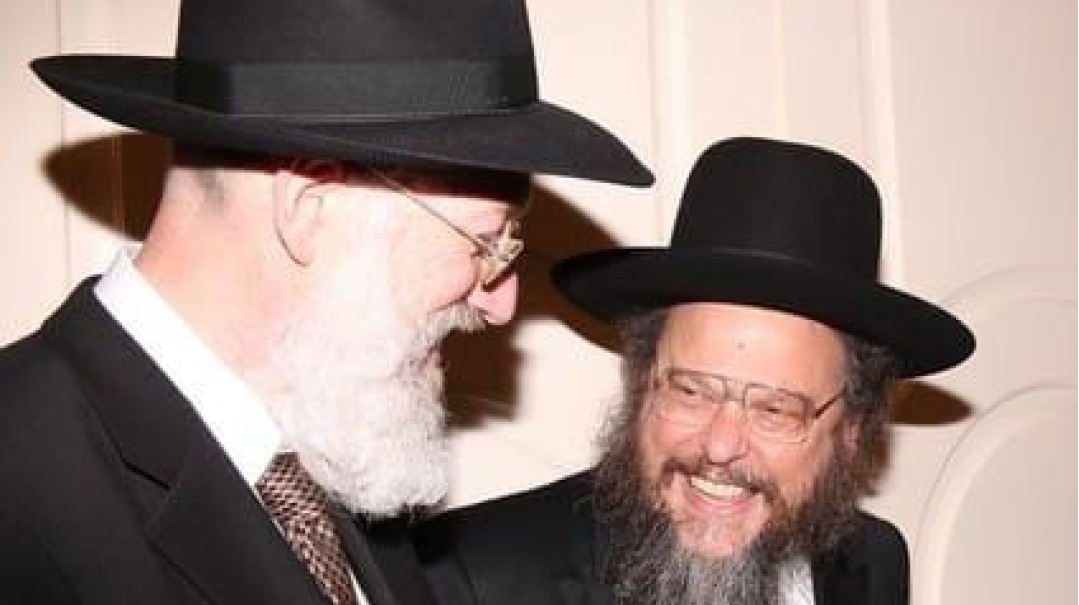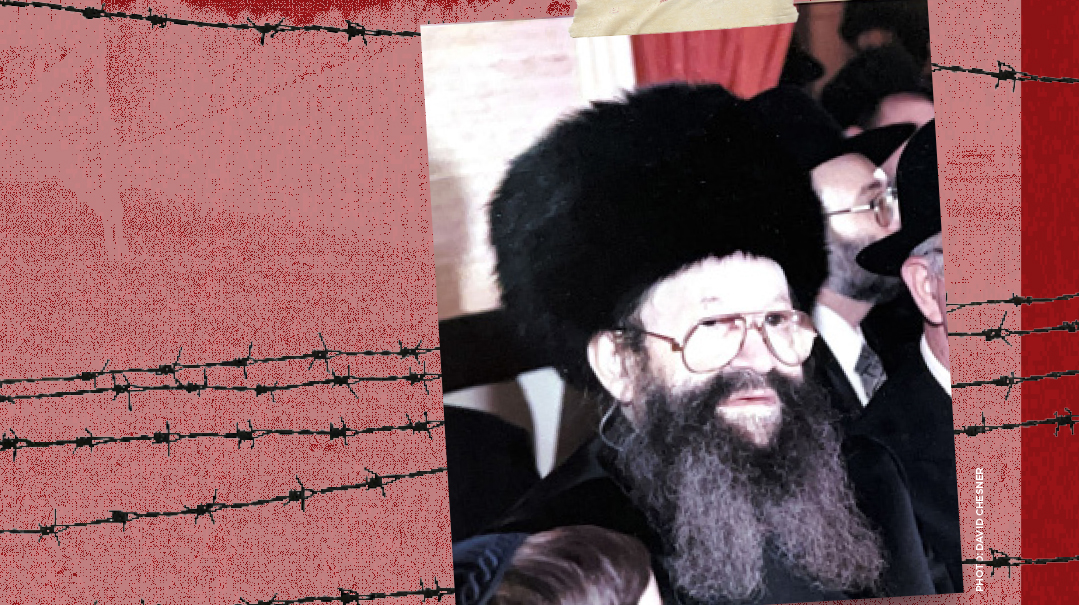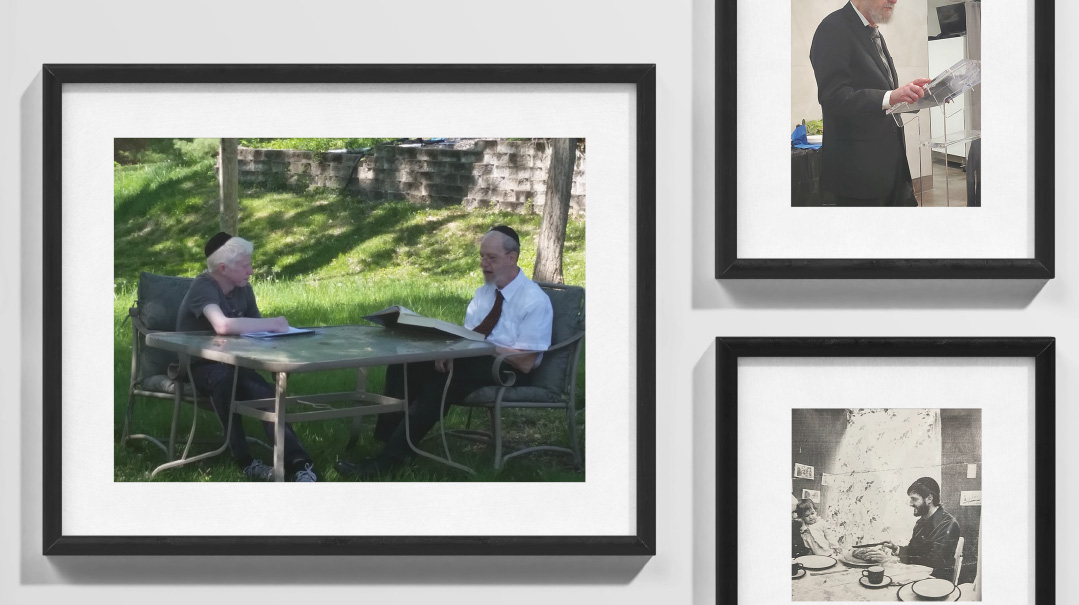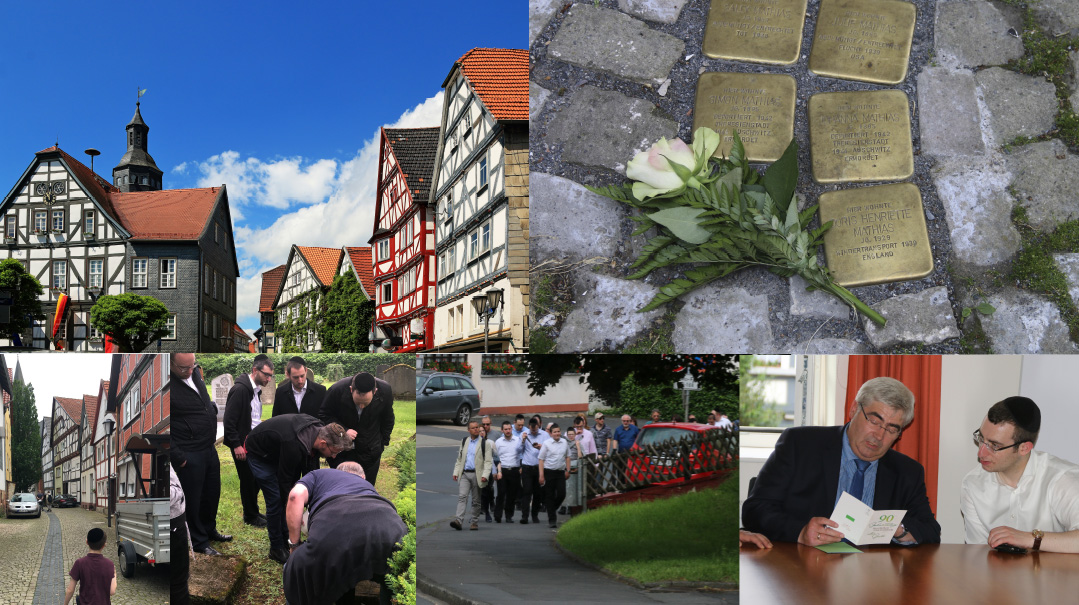A Guarded Night
| March 28, 2018“If you won’t give me potatoes, then I’ll have to manage without any food.I have never eaten chometz on Pesach, and I will not start now”
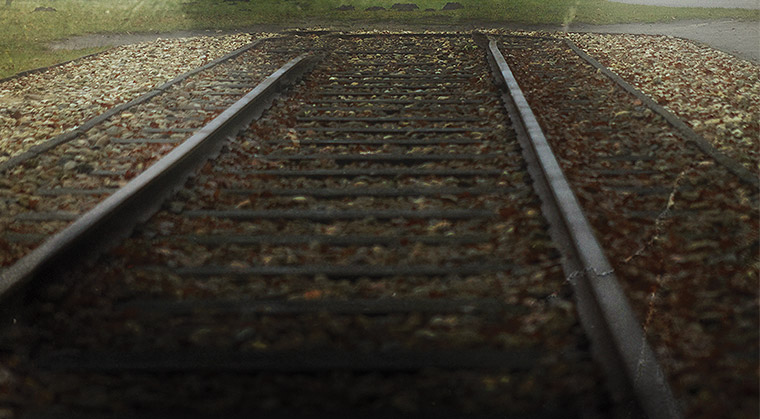
T
he year is 1944, before Pesach. At the Bergen-Belsen concentration camp, a group of rabbanim — including the recently interned Rav Moshe Stern, who will later serve as Debrecener Rav — has gathered to discuss a dilemma: how to avoid eating chometz during the upcoming festival.
“We barely make it with the daily bread rations as it is,” one points out. “Yet how can we consider eating chometz, even as a measure of pikuach nefesh?”
“We must find a way to get other food for the week,” resolves another.
All eyes turn toward Rabbi Daniel Sussman. He ponders for a moment, then speaks up: He will go to Revis, the head of the Jewish kapos. He acts as a liaison with the Nazis. Perhaps a request could be put through for some other rations. Sussman adds that he sees no reason that Revis would agree to help.
“We will all daven for your success,” says one, and the others murmur in agreement.
Rabbi Sussman soon finds Revis. He girds himself and approaches the kapo chief.
“The religious Jews in this camp will not touch a morsel of chometz during Pesach,” Sussman advises Revis. “We are ready to abstain completely from bread for eight days. We ask only for potatoes.”
Revis listens impassively, but he agrees to approach the Nazi camp officials with this unusual request.
Days pass with no response. Then, one morning, Revis calls for Rabbi Sussman. The expression on his face gives Sussman little cause for hope.
“Get me a list of those who want potatoes,” Revis intones. “The request has been authorized.”
The news spreads from barrack to barrack, and soon a list of more than 400 names is compiled and delivered to Revis.
Just before Pesach, a shipment of potatoes arrives in the camp. Huge vats are koshered and water is set to boil. Every able pair of hands joins in the task of scrubbing potatoes. The usual minhag of peeling them has been suspended; no scrap of possible nourishment will be discarded.
The proceedings are disrupted by an older man pushing through the crowd.
“I didn’t know I had to register,” implores Mr. Elya Spitzer. “Please, can I have some potatoes?”
Rabbi Sussman is at a loss. His sense of compassion bids him to grant this man’s plea; but to give him potatoes would mean taking away from someone else.
Mr. Spitzer breaks down. “If you won’t give me potatoes, then I’ll have to manage without any food,” he cries. “I have never eaten chometz on Pesach, and I will not start now.”
“I will do everything I can to feed you over Pesach,” assures Rabbi Sussman.
Just then, Revis appears. He has heard the entire exchange.
“There are plenty of potatoes,” he says. “I ordered much more than you requested. I was moved by your willingness to forgo the usual rations. Also, it didn’t hurt that the potatoes were cheaper than the bread rations. The Nazis readily acquiesced.”
Word of Revis’s act reaches the rabbanim of the camp. Emboldened, they decide to send Rabbi Sussman with another request: a sack of flour. Unexpectedly, this request is also granted.
(Excerpted from Mishpacha, Issue 704)
Oops! We could not locate your form.








